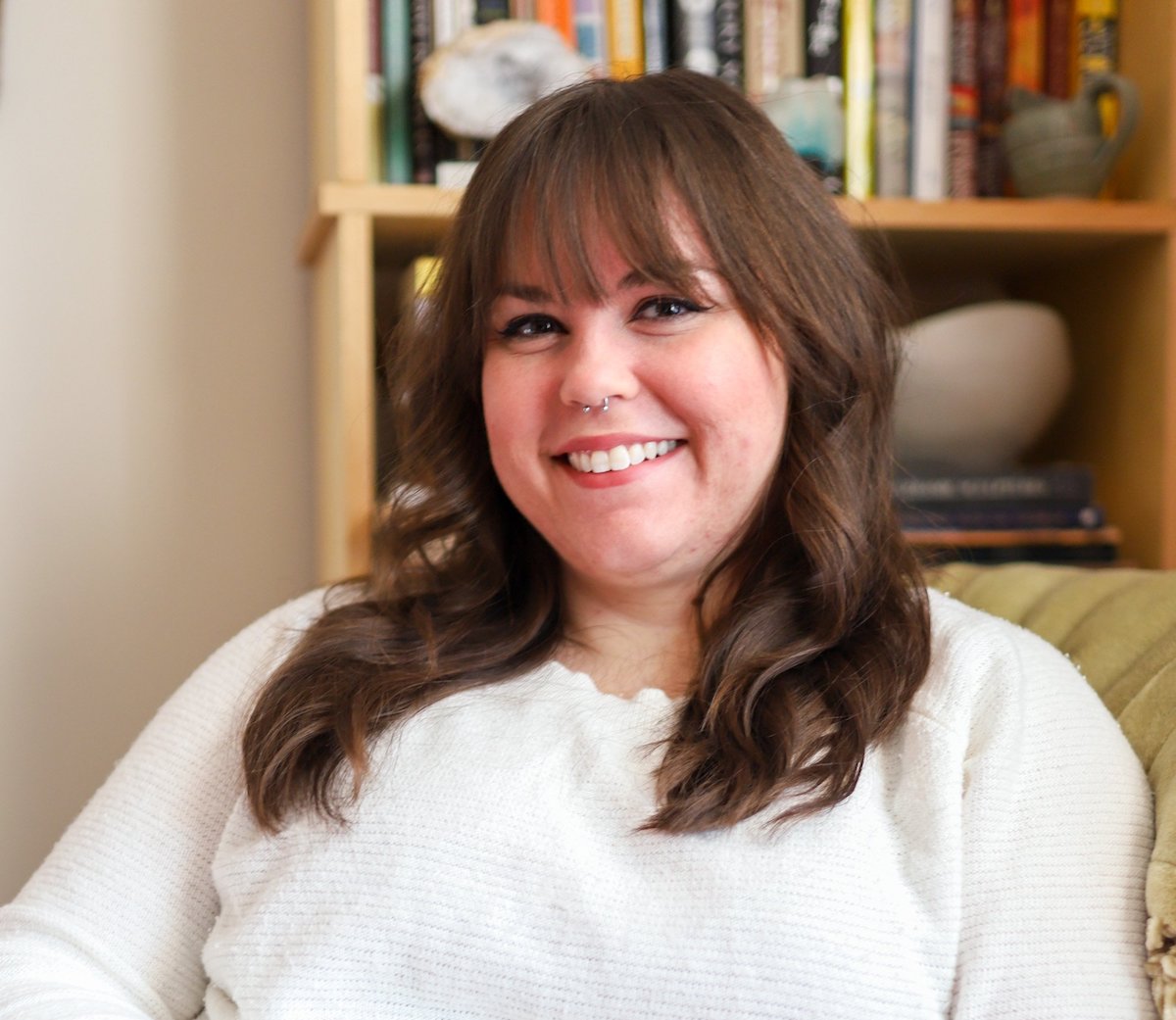The central bank has sought to fight higher inflation by raising its interest rates at the fastest pace in more than three decades. The Federal Reserve Board raised its benchmark rate to 4.5% by the end of 2022, up from close to zero in March, and it could go higher than 5% in 2023.
In response to the Fed tightening, the 30-year fixed-rate mortgage rates nearly doubled last year and rose to nearly 7%. Although home borrowing rates are the highest in a decade, they have moderated in recent months and still remain below the average 30-year rate of 7.76% for such mortgages over the past half century.
Chattanooga home sales, which rose to record highs in 2021, fell by more than 8% last year as housing demand cooled due to the higher borrowing costs and early signs of a slowing economy.
But a study by Realtor.com projects that Chattanooga is likely to fare much better than most markets and should even continue to grow in 2023. Chattanooga is projected to be one of the nation's top 10 markets next year for gains in home sales and prices as home buyers continue to move toward growing markets with more affordable housing options. Chattanooga ranks as the ninth hottest market in the country in a ranking by Realtor.com. The 2023 top housing markets forecast projects Chattanooga's median home price will jump another 8.2% in 2023, while the number of homes sold in Chattanooga is projected to increase another 2.9% this year.
To help assess the impact of higher interest rates and how best to respond to the jump in borrowing costs, Edge magazine talked with a banking leader, the former president of the Greater Chattanooga Association of Realtors and a resident who is in the housing market.
MICHAEL MATHIS
Chattanooga native Michael Mathis is Executive Vice President and Chattanooga President for Pinnacle Financial Partners, a position he has held since 2022. His banking career began at Pioneer Bank in 1991, where he served in multiple rolls including Commercial Banker and Commercial Market Manager. Mathis joined Regions Bank in 2003 as Commercial Banking Market Manager and was later named Regional Market Manager of the Year. In 2007, he was named City President at Regions, a role he held until his departure. He is active in the Chattanooga community, having previously served as the 2018 United Way Campaign Chairman, Chairman of the Board of Directors for the Chattanooga Area Chamber of Commerce and Chamber Foundation and currently serves on the Board and Executive Committee of both the United Way of Greater Chattanooga and the Chattanooga Chamber.
Q. How have increased interest rates affected mortgages?
A. Clearly, rates are significantly higher than they were earlier last year. Historically, they're still reasonable, but we have experienced a dramatic increase in the last year.
From a mortgage standpoint, activity remains relatively strong. It's just not to the point of having a listing go live, and having 10 offers in the first 24 hours. I think we'd all agree the market needed to cool down.
Chattanooga is still an incredibly desirable place to live, so we're still seeing people move here from many other places due to cost of living, beautiful outdoors and other factors. Due to increased rates, we're seeing people have to adjust the house they can afford and look at lower-priced homes.
We are also seeing real estate investors exiting -- for them it doesn't make sense to buy investment property with rates at current levels. A lot of that competition was coming from real estate investors who were buying to rent or looking at short term rentals, and that's slowed significantly.
Q. How have higher rates affected the mortgage loan department?
A. The refinance market has pretty much dried up, as one might expect. But activity on the purchase side is still strong. In Chattanooga, we had such an inventory shortage, that you still have projects that have been in the works and are just coming out of the ground. Frankly, mortgage loan officers needed some rest. There has been several years of 24/7 work for them, so a brief slowdown might be welcome.
Q. Have you raised interest rates on money markets, CDs and savings accounts?
A. Yes, rates are definitely up. In a rising rate environment, you'll generally see deposit rates lag loan rates. Our overall banking system had so much liquidity -- and that liquidity along with historically low interest rates and stimulus funds being injected into our banking system -- it created a system that had so much in deposits. But as rates are beginning to rise, people are looking for higher yields. The competition for deposits has definitely increased.
At Pinnacle, we are a very high-growth bank. We work hard to stay competitive on our deposit rates -- that's how we fund our growth. But obviously interest rates aren't the only part of the equation -- it also has to do with unmatched client service and financial advice and guidance to clients.
Q. Has the bank had to cut loan demands for businesses? Are businesses cutting back on borrowing?
A. In Chattanooga, at Pinnacle, we had unprecedented loan growth last year. It was a fantastic year. We are still seeing very strong demand in the commercial and industrial space. Many clients are working on new projects, or projects that have been delayed due to capacity or supply chain issues.
We have definitely seen a slowdown in commercial real estate development. We've seen a slowdown in new projects being planned that just don't work with increased interest rates. But there is still a strong pipeline of projects that have been in the planning stages for many months and are just now coming out of the ground. So overall, activity remains strong for now.
DEREK ENGLISH
Derek English is the outgoing Board President of Greater Chattanooga Realtors (GCR), a regional organization that serves both members and consumers. Prior to selling homes, English worked in carpentry and homebuilding. He co-founded Scout Realtor Group in May 2019 and has been a licensed real estate agent for more than 10 years. He is a native of Chattanooga.
Q. Have high mortgage rates affected home sales?
A. The simple answer is yes. Many buyers slowed their process of buying a home once rates increased to over 5.5%.
We saw rates top out at just under 7% in the late fall with a softening of rates over the last few weeks. There was a slight misconception from consumers that, with rates over 6%, that was a bad time to buy. It took more conversations and information to show them that while increased rates reduced their buying power, the rates were still historically good and that they needed to adjust their expectations. Rates below 4% are not going to return for the foreseeable future.
Q. What are you seeing happen with home prices?
A. In the Chattanooga market, the median price is at an all time high and continuing to grow.
Home prices in the greater Chattanooga area have leveled off from earlier in 2022. We are seeing more price adjustments for the homes that are active on the market. The number of days on the market has also increased during the fourth quarter of 2022.
Typically, Chattanooga-area prices were at about $224,000–$230,000, and we exceeded $300,000 in 2022. So that's increased substantially and is continuing to rise.
This is a natural occurrence considering how fast home prices increased over the past year. But the leveling is just that. Home values remain strong and demand is still growing in the area. Chattanooga was ranked ninth in the most recent study of the hottest housing markets nationally.
The forecast is for Chattanooga to see continued growth through 2023.
Q. Are higher rates making homes less affordable?
A. As interest rates increase, a consumer's buying power is diminished. A higher interest rate is directly tied to a home buyer's monthly payment. We have seen buyers have to adjust their search criteria, or their budget, on what they can afford based on the increased rates.
With interest rates being low, lenders didn't have to work very hard to incentivize a buyer because the rates were low, and people who were selling had a lot of cash. Now that they're up, a lot of lenders are offering programs and ways of working around the higher rates. There are programs where you can pay a chunk of money to reduce the interest rate -- a "buy down."
These "buy downs" seem to have spurred buyers back into the market. We are seeing buyers coming back into the market with increased confidence that now is the time to buy.
CARLIN MCRAE
Carlin McRae, 37, is in the market to buy her first home. She has worked for 15 years at Ruby Falls, where she currently serves as the director of operations. McRae lives in the Lookout Mountain area, and has rented the same two-bedroom duplex since 2015, paying $850 monthly to a single owner. She began her home search in early 2022. After taking first-time homebuyer education classes, she qualifies for financial assistance, but doesn't feel it's enough to make the purchase feasible. She has a degree in sculpture and ceramics from the University of Tennessee at Chattanooga.
Q. Have you had to adjust the price of your home search?
A. Yes and no. Yes, practically speaking, I haven't been able to find a quality home that's affordable in the $200,000 range. When you do come across a home that looks livable, it's usually pretty small. So there's not a great value considering the price per square foot.
That's not a dealbreaker, because I want to get into a house. But it would be good to know I'm getting a good value for what I'm eventually going to be paying for.
And it's not just about liking. Housing prices are pretty inflated. As I started looking, interest rates were hovering between 6 to 7%, which is significant. Finding a home in the $200,000 range right now, with interest rates, would still cost me $1,600 a month. Even a two-bedroom home is upwards of $250,000. The outcome is that I'd be paying way more for a house that's maybe a 2- or 3-bedroom home.
I'm pre-approved also for first-time homebuyer down payment assistance, but that's only $8,000, so that does not get me to the 20% down payment standard for a home. In addition to that, I'd also be paying interest on the $8,000 and then additional interest on the home loan I would take.
Q. Would you say we're in a buyer's or seller's market?
A. Definitely a seller's market. I've been watching houses come on and off the market quickly. When offers are being made, then going immediately into the next phases, that tells me sellers are motivated and not having any trouble finding buyers.
From my perspective, it's not a buyer's market. Maybe for people who are wealthy, but not for those of us with moderate incomes.
Q. Have you considered giving up on your search?
A. I definitely slowed down in the last couple of months as I realized where I'm at financially is not lining up with what I would be paying. My lease ends on May 31, so I still have time to figure things out, if rates do come down or prices do decrease.
But I'm not confident there will be a major change between now and spring. So, if no change, then yes -- I guess I'll just continue renting.
READ MORE
What should you do with your money in 2023 after last year’s downturn?: Investments
What should you do with your money in 2023 after last year’s downturn?: Inflation



